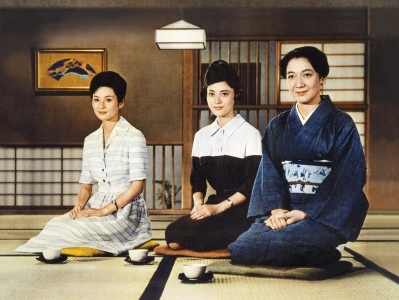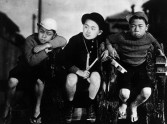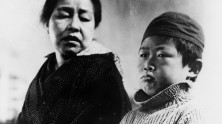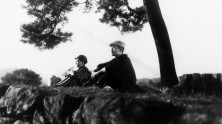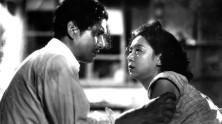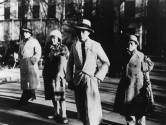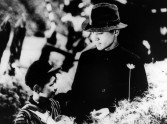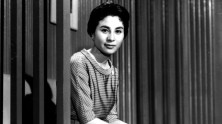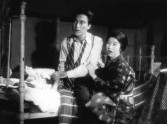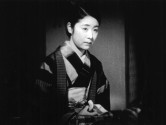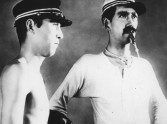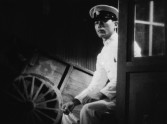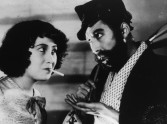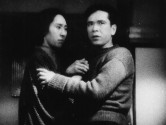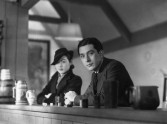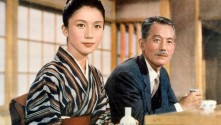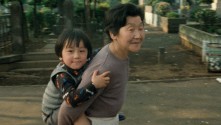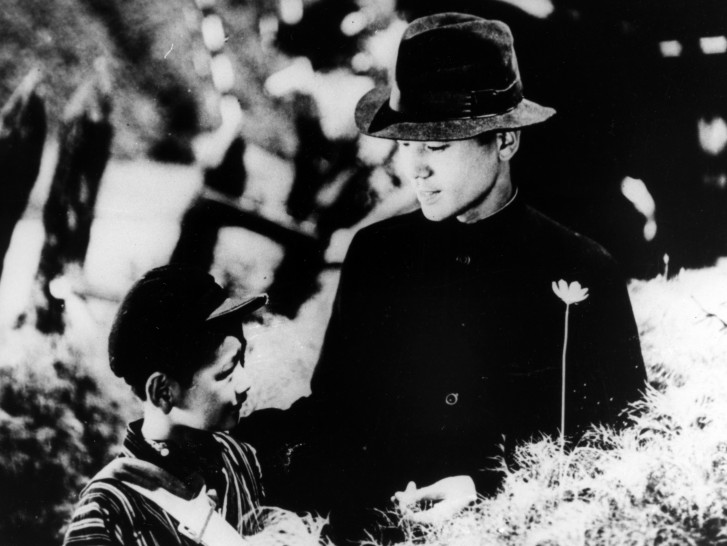
Ozu’s first talkie sublimates his early work’s broader themes of poverty and education into a refined portrait of a mother and her son. The narrative is told through several shifts forward in time: factory worker Otsune (Iida Choko) strikes son Ryosuke for asking to go to middle school; after a conversation with his teacher (Ryu Chishu), she tearfully decides to work hard for his education. When she visits Ryosuke (Himori Shinichi) in Tokyo thirteen years later, Otsune is appalled to find that he is a night-school teacher. Yet what upsets her the most is that Ryosuke wants to give up. The visit presents the mother and son with the challenge to separate the value of parental sacrifice from the child’s material success. Ozu admitted to have shot The Only Son like a silent film, apparent in the film’s reliance on simple shot-reverse-shots for conversations (nearly all of which take place while characters are seated or squatting), combined with a stationary camera position that allowed for a stationary microphone. The result, however, is an assured masterpiece, which accounts for why its elegant form so closely anticipates that of Ozu’s subsequent films.
Part of film series
Screenings from this program
Late Spring
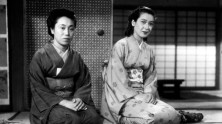
Tokyo Story
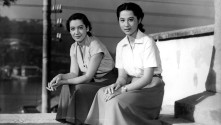
Early Summer
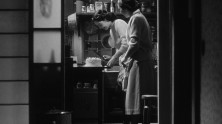
Passing Fancy
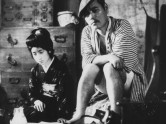
Dragnet Girl
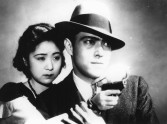
Tokyo Story

A Story of Floating Weeds
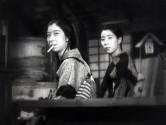
Days of Youth
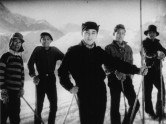
The Flavor of Green Tea over Rice
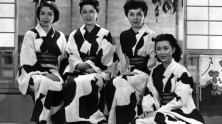
Early Spring
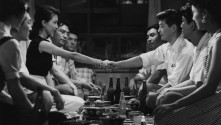
The Munekata Sisters
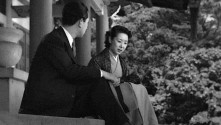
Floating Weeds
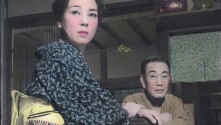
Good Morning
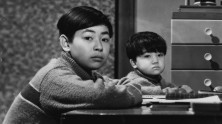
Late Autumn
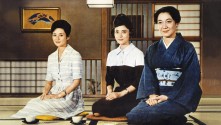
Tokyo Twilight
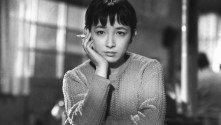
The Brothers and Sisters of the Toda Family
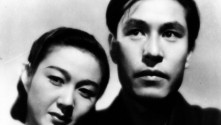
I Flunked, But …
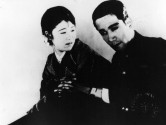
Late Autumn

Where Now Are the Dreams of Youth?
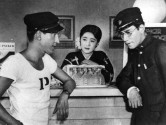
The End of Summer
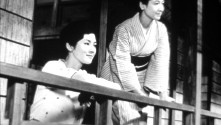
Early Spring

Café Lumière
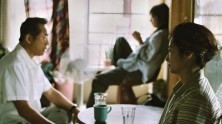
Tokyo Story

